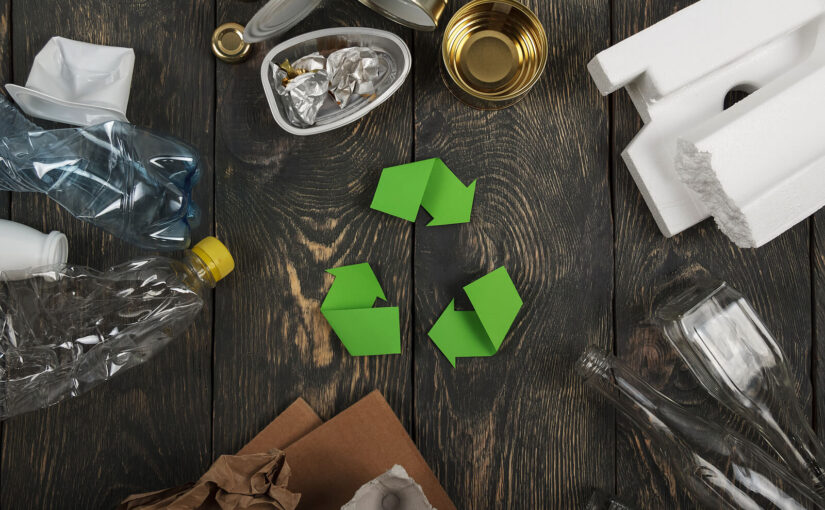March 18 2021 is Global Recycling Day, and a perfect time for all of us – domestic and business alike – to think about why recycling is important and how to reduce our waste to sustainable levels.
At Forge we understand that different jobs generate different amounts of waste. That’s why Forge Skip Hire skip sizes range from 4 cubic yards, equivalent to about 40 bin bags, up to 35 cubic yard RoRo skips.
But however much waste you produce, whether it’s packaging, mixed recyclables, construction rubble or general landfill, you can do your bit for the environment by reducing your waste and increasing your recycling.
This year’s event has a theme of recognising recycling as an essential industry. We couldn’t agree more – recycling closes the loop of the resources we use in our day-to-day activities, as individuals, nations and as a planet.
If you’re not sure how to recycle more and waste less, we hope some of the points below will give you a place to start thinking about your output and how to tackle it.
Why is recycling important?
We live in a world of finite resources. Fossil fuels like oil take centuries to form and seconds to burn. Finding and extracting oil is becoming more and more expensive and difficult, all of which makes conventional plastics a scourge on economies and the environment alike.
Take the plastic carrier bag tax for instance. It was introduced in October 2015 to encourage reuse of bags. By 2017-18, retailers were still selling 1.75 billion plastic bags in the UK at a net cost to consumers of over £50 million.
Most of us are now reusing shopping bags more often, but it’s still not easy to recycle them, and you normally have to take worn-out and torn bags back to the shop where you got them, to get a free replacement.
This is part of the challenge: to know what you can and can’t put in your recycling bins. Different councils have different rules and every colour of recycling bin you can think of, and collection schedules are more complicated than ever too.
At Forge Recycling we always try to be as clear as possible about what can be recycled, as well as what you can put in a skip from Forge Skip Hire.
For more of our top tips on how to increase your recycling rates, read our handy household guide.
What is Zero Waste?
Zero Waste is exactly what its name suggests: a communal effort to ensure no waste is sent to landfill, and to eliminate recyclable waste wherever possible too. While recycling is good, it’s even better if waste materials are not generated in the first place.
For example, instead of recycling packaging like plastic and paper carrier bags, it’s much better if we all use reusable bags with the longest life span possible, which naturally means fewer bags thrown away and less materials to reprocess and recycle.
Despite the Coronavirus pandemic over the course of 2020 and into 2021, there was a rise in Zero Waste shops that refill customers’ own packaging, and some of the big supermarkets also started to trial similar services to reduce packaging waste.
The disposable Personal Protective Equipment (PPE) used early in the pandemic also gave way to reusable cloth face masks as people became more knowledgeable about the types of cloth that can be effective, and how to wash their masks safely between uses.
How to recycle safely during Coronavirus
If you do need to dispose of PPE and other waste materials during the remainder of the Coronavirus pandemic, what do you need to know?
Any materials that could be contaminated with virus particles should be wrapped before being thrown away – this helps to protect workers in the waste disposal and recycling industry from catching COVID-19.
It’s also more important than ever to keep different recyclable waste separate, as different materials may harbour live virus for longer than others, and you want to prevent any cross-contamination during disposal.
Coronavirus has not reduced the importance of recycling, but it has introduced some new challenges. However, by adapting to those emerging obstacles, we can all put in place more sustainable recycling and waste disposal practices that will continue to serve us well once the pandemic ends.
Read more ideas on how to recycle safely during the Coronavirus pandemic.
